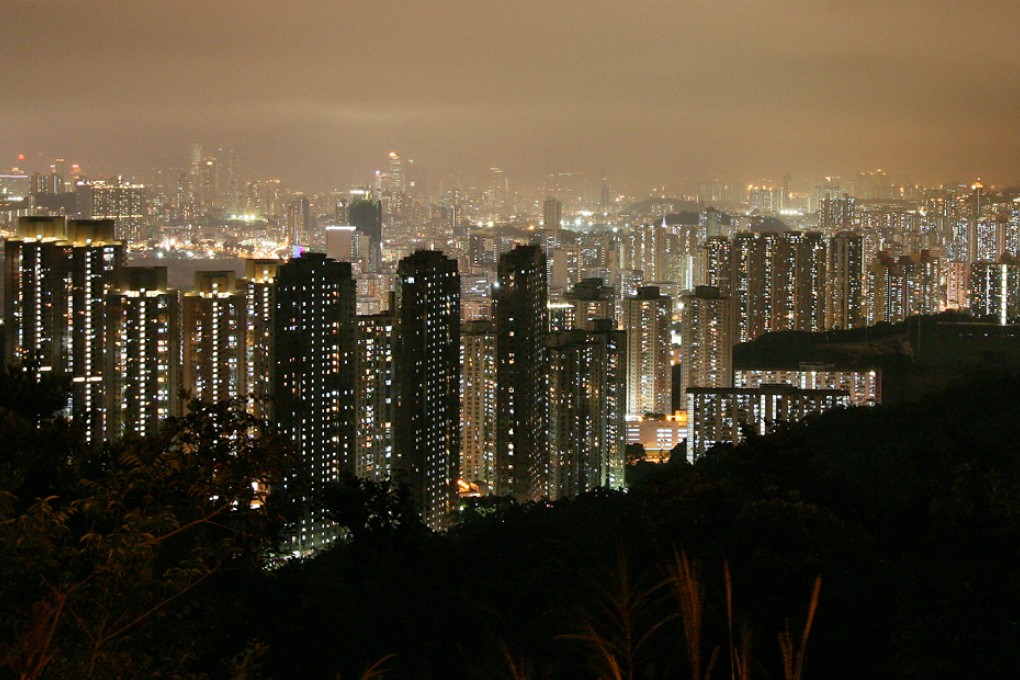Hong Kong to consider increasing electricity imports in energy mix consultation
Public consultation will address where city's electricity will come from after a scheme to rely more on nuclear energy was scrapped

Hong Kong has to look for more sources of power from the mainland to help attain its emission-reduction goals, but substantial expansion of nuclear energy imports might be out of question in the short-term, according to a source close to the government.

Under that option, Hong Kong might in the long-term extend its connection to the Guangdong power grid or build dedicated power lines for direct electricity imports to reduce its reliance on coal burning.
Depending on the extent of reduction in coal burning in power generation and the availability of more nuclear energy, the electricity-import option could provide at least 10 per cent of the city's power needs, according to the source.
"Given the scale of the southern China grid, the import will be just be a drop in the ocean," he said, adding that the China Southern Power Grid, which included the Guangdong grid, sold some 800 billion kWh of energy a year, compared to about 40 billion consumed in Hong Kong.
The consultation exercise comes after the 2011 Fukushima nuclear crisis saw the government scrap an energy-mix proposal designed to address climate change. It had set an ambitious goal of cutting carbon emissions by 50 to 60 per cent by 2020.
That proposal would have meant more than doubling the nuclear share in the mix - currently 23 per cent - to 50 per cent, while the share of coal would have been slashed from the existing 54 to 10 per cent. The remaining 40 per cent was to have been natural gas.